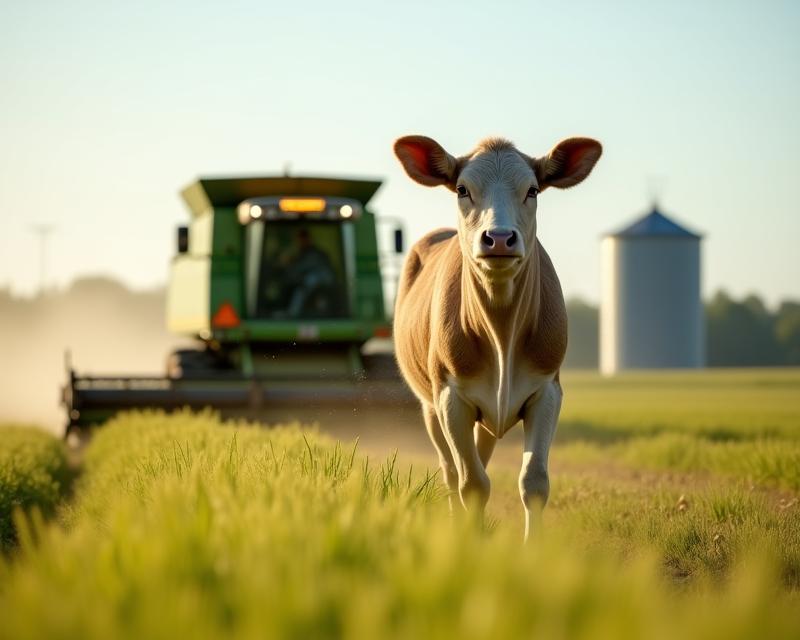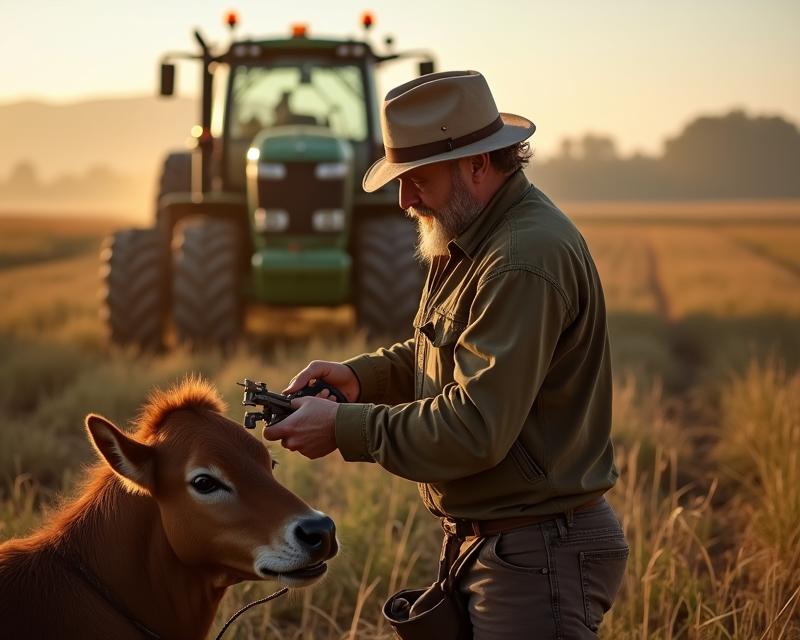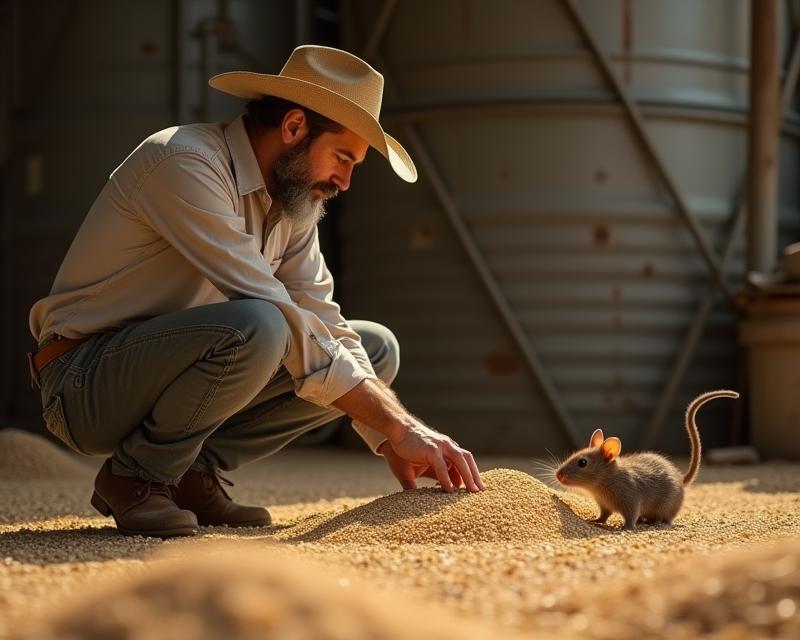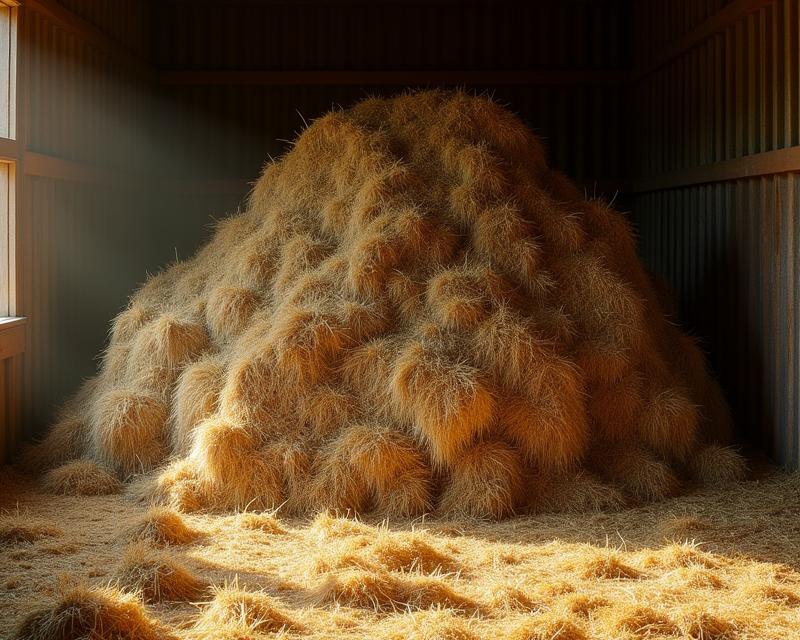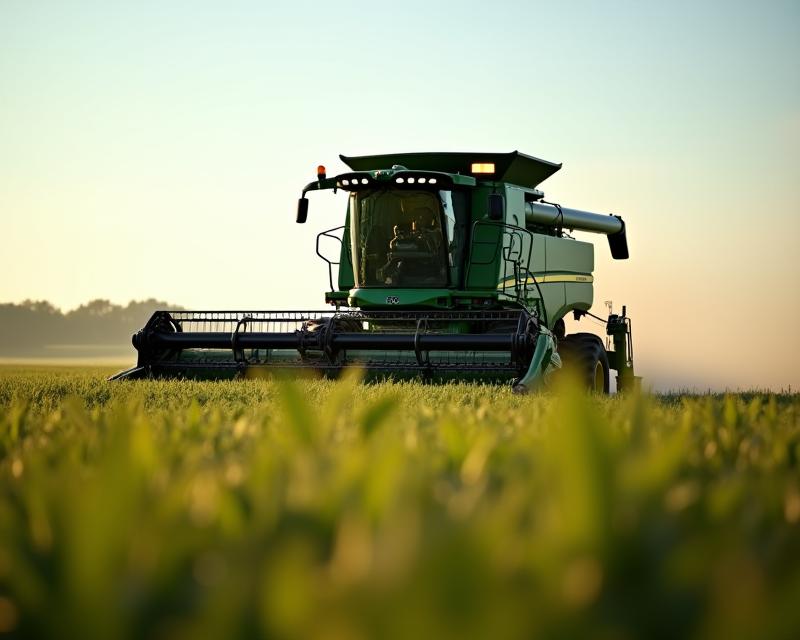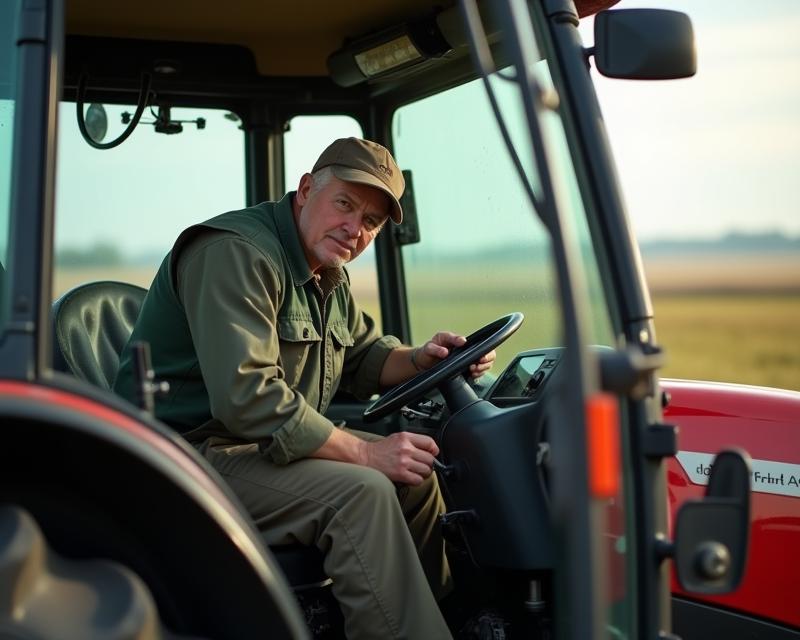Keeping Forage Equipment Running Smoothly
Publish in Farm el 21/07/2025 20:13
Maintaining Forage Equipment: A Guide to Longevity
Forage equipment – mowers, balers, and choppers – are the backbone of a successful farm. They’re essential for feeding livestock and maintaining healthy pastures. But like any valuable tool, they require regular care to ensure they perform reliably and last for years. Neglecting maintenance can lead to costly repairs and downtime, impacting your productivity and bottom line. This guide provides a simple breakdown of routine checks and repairs to keep your forage equipment in top shape.
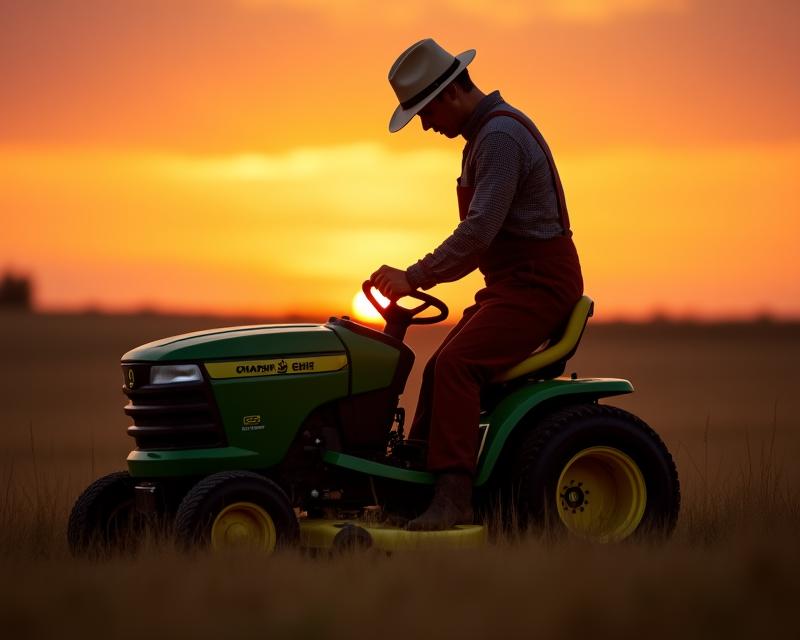
Routine Checks: Daily & Weekly Tasks
Start with daily and weekly checks. After each use, give your equipment a quick clean to remove debris like grass, hay, and dirt. This prevents rust and corrosion. A weekly inspection should include checking fluid levels – engine oil, hydraulic fluid, and coolant. Also, inspect belts for wear and tear, and ensure all fasteners (bolts, nuts, etc.) are tight. Look for any signs of leaks, cracks, or damage. Don't forget to check tire pressure – proper inflation improves efficiency and reduces wear.
Mowers: Blades, Sharpening & More
Mowers are constantly battling tough vegetation. Regular blade sharpening is crucial for a clean cut and optimal performance. Dull blades tear the grass, leading to uneven growth and increased disease risk. Sharpen blades at least once a season, or more frequently if you mow frequently or encounter rocky terrain. Also, check the mower deck for damage and ensure it's properly aligned. Inspect the cutting height adjustment mechanism to ensure it’s working smoothly. Finally, clean the underside of the deck regularly to remove accumulated grass clippings.
Balers: Hydraulics & Tension
Balers are complex machines, and proper maintenance is vital. Regularly inspect hydraulic hoses for leaks and damage. Check the hydraulic fluid level and top it off as needed. Pay close attention to the bale chamber and ensure it’s free of debris. The twine or net wrap system needs regular inspection too – check for frayed or damaged twine/net and replace it promptly. Adjusting the bale pressure is also important for creating consistently dense bales. Refer to your baler's manual for specific instructions on adjusting these settings.
Choppers: Knives & Safety
Choppers are designed to process forage into smaller pieces for optimal livestock feed. The blades (knives) are the heart of the chopper, and they need regular sharpening. Dull blades reduce chopping efficiency and can strain the engine. Always follow safety precautions when sharpening blades – wear appropriate safety gear and follow the manufacturer's instructions. Inspect the safety shields and guards to ensure they are properly installed and functioning correctly. Check for any signs of wear or damage to the auger and conveyor system.
By following these simple maintenance tips, you can significantly extend the lifespan of your forage equipment and keep your farm running smoothly. Remember to always consult your equipment's owner's manual for specific maintenance recommendations.
